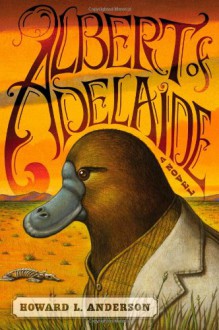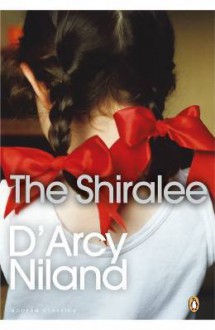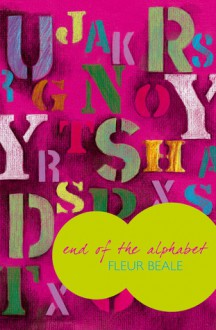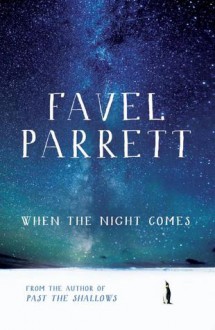
Having escaped from Australia's Adelaide Zoo, an orphaned platypus named Albert embarks on a journey through the outback in search of "Old Australia," a rumored land of liberty, promise, and peace. What he will find there, however, away from the safe confinement of his enclosure for the first time since his earliest memories, proves to be a good deal more than he anticipated. Alone in the outback, with an empty soft drink bottle as his sole possession, Albert stumbles upon pyromaniacal wombat Jack, and together they spend a night drinking and gambling in Ponsby Station, a rough-and-tumble mining town. Accused of burning down the local mercantile, the duo flees into menacing dingo territory and quickly go their separate ways-Albert to pursue his destiny in the wastelands, Jack to reconcile his past. Encountering a motley assortment of characters along the way-a pair of invariably drunk bandicoots, a militia of kangaroos, hordes of the mercurial dingoes, and a former prize-fighting Tasmanian devil-our unlikely hero will discover a strength and skill for survival he never suspected he possessed. Told with equal parts wit and compassion, ALBERT OF ADELAIDE shows how it is often the unexpected route, and the most improbable companions, that lead us on the path to who we really are.
Amazon.com
In this anthropomorphic work --- Howard Anderson's debut novel --- we meet Albert, an orphaned duck-billed platypus living in Australia's Adelaide Zoo. One day Albert makes the bold decision to escape the zoo, starting an adventure that will take him across the Outback in search of Old Australia, a fabled place rumored to be a land of liberty, promise, and peace.
On his travels, the only property to Albert's name is an empty soda bottle. Before long, he meets Jack, a pyromaniac wombat with a handlebar moustache & drover's coat. They join up, traveling together to (on Jack's suggestion) Ponsby Station, a rough mining town filled with crews of bandicoots and wallabies. After a long night of drinking, Jack ends up getting Albert into quite a bit of trouble. What starts as an innocent trek for Albert quickly progresses into more of a life on the run.
Right from the start, this novel brings on the social commentary, in regards to humans and their irresponsible behavior towards the planet. There's also something of the immigrant experience story, what with each character having their own various reasons for traveling / moving in hopes for a better life, things they're looking to escape... but Anderson brings a twist to that theme. Anderson also touches upon the topic of racism. In one notable scene, platypus Albert approaches a business only to find a sign that says "We reserve the right to refuse service to anyone who isn't a marsupial."
Though there is something of a childlike vibe to the story --- touches of Wind in the Willows, maybe even a little Watership Down --- READERS, TAKE NOTE: THIS IS NOT A CHILDREN'S NOVEL. It has very definite adult themes as far as the levels of alcoholism, crime, violence, depression, etc. There are scenes of animals cutting the throats of their foes, these moments informing Albert that this land he finds himself in is no fairytale, one WILL die out here if not careful!
Though Jack is not always the most likeable character in his actions, you can count on him to bring the comic relief in the heavier scenes. Take the early meeting between Jack & Albert, for instance: Albert has been traveling long and hard, he's out of food and water, scared of his surroundings, bumps into Jack who asks, "What brings you out this way?" Albert replies, "Adelaide" to which Jack answers back, "Mmmm... always a woman."
There's also a cake joke in here where ... well, I couldn't help it, it made me think of the ongoing cake joke that runs through the videogame Portal.
While on the surface, I would say this story would be a good recommendation for lovers of Westerns, I would argue that it could, at least on some level, also be interpreted as allegorical, a parable for the need to earnestly pursue one's dreams in a world suffocating under the weight of sheep mentality. The happiest moments come when Albert finds the confidence to shake off societal expectations and embrace who / what he is on the most basic, organic level. He learns to stop getting caught up in the why or why not of a scenario and just embrace the experience itself, as is.
All the characters are fun, but what really kept me reading was wanting to know more about this mysterious Muldoon character. Throughout the novel, he seems this terribly important and powerful figure, but is only spoken of in the vaguest terms.

 Log in with Facebook
Log in with Facebook 




 above: the real-life Nella Dan, prior to the Australian govt. making
above: the real-life Nella Dan, prior to the Australian govt. making




